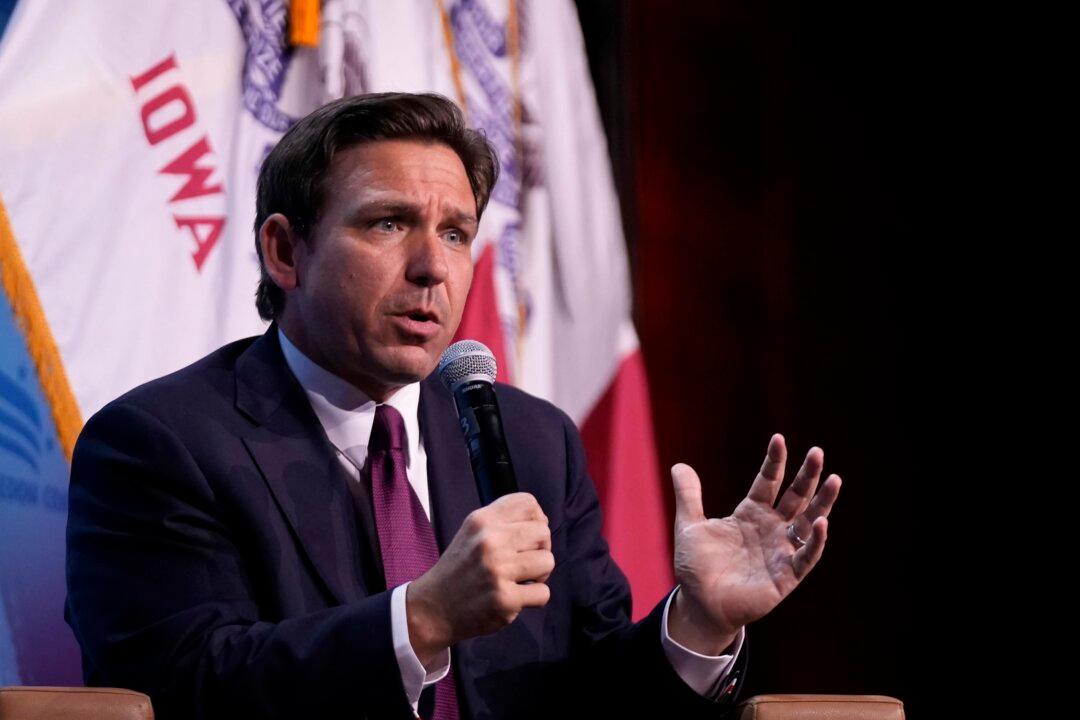The Supreme Court has temporarily suspended a lower court ruling that allowed a $2.5 billion online sports betting deal between Florida and the Seminole Tribe to move forward.
Online sports betting is a rapidly growing industry. The market is expected to reach $7.6 billion in the United States in 2023, according to the Statista website.





